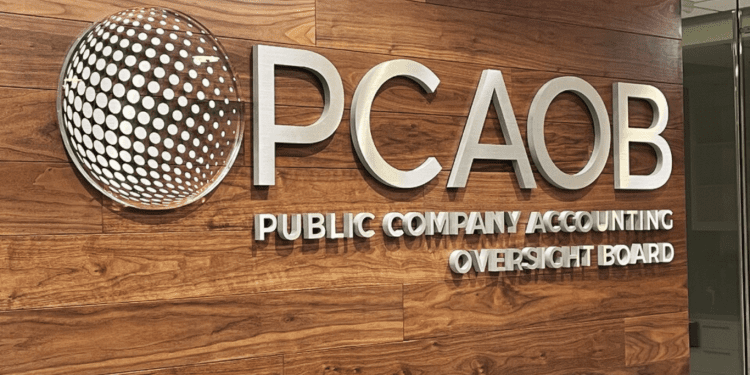- Proof of reserve (PoR) reports are increasingly common in the cryptocurrency industry.
- The Public Company Accounting Oversight Board (PCAOB) has warned that PoR reports do not provide meaningful assurance and are not audits.
- Companies operating in the cryptocurrency space must prioritize transparency and adopt rigorous standards for financial reporting and auditing.
Proof-of-reserve (PoR) reports have become increasingly common in the cryptocurrency industry. These reports are issued by cryptocurrency exchanges and other digital asset businesses to demonstrate that they have enough assets to cover their customers’ deposits. However, a recent advisory by the Public Company Accounting Oversight Board (PCAOB) warns that customers should not rely on PoR reports.
The PCAOB is an industry-funded watchdog that oversees auditing standards in the United States. In its advisory, the PCAOB notes that PoR reports do not provide meaningful assurance and do not comply with any particular benchmark. The reports are not audits and do not address a company’s liabilities or the rights and obligations of digital asset holders. Additionally, PoR reports need to provide information about a company’s internal controls or governance.
The Limitations of PoR Reports
The limitations of PoR reports were also highlighted in an investor advisory issued by the Office of the Investor Advocate staff at the PCAOB. This advisory noted that PoR reports are subject to significant limitations based on the procedures performed. They only provide an asset verification for a particular moment and do not reflect whether the assets were used, lent, or became unavailable to customers after the report’s publication. Moreover, PoR reports must ensure the crypto entity’s internal controls or governance effectiveness.
The advisory also emphasized that PoR reports are not equivalent or more rigorous than an audit and are not conducted following PCAOB auditing standards. There is also a need for uniformity among service providers of PoR reports. Management of the crypto entities has discretion over whether the results of PoR reports are made public, including the extent and format of the information provided.
Importance of Transparency and Accountability in the Cryptocurrency Industry
Despite the increasing use of PoR reports by cryptocurrency exchanges, these reports are inherently limited. Customers should exercise extreme caution when relying on them to conclude that a cryptocurrency company has sufficient assets to meet its obligations. The limitations of PoR reports mean that they cannot replace full-scale audits typically seen in traditional finance.
The advisory issued by the PCAOB and the investor advisory from the Office of the Investor Advocate staff underscores the need for greater transparency and accountability in the cryptocurrency industry. As the cryptocurrency industry continues to grow, companies operating in this space must prioritize transparency and adopt rigorous financial reporting and auditing standards. Regulators must work with industry participants to establish more robust measures and practices to protect investors and ensure the long-term viability of the cryptocurrency ecosystem.
While PoR reports may assure customers they are not a substitute for full-scale audits, the limitations of these reports mean that investors must exercise caution when relying on them to assess a company’s financial safety. Companies and regulators must work together to establish more reliable and trustworthy reporting practices as the cryptocurrency industry evolves.














